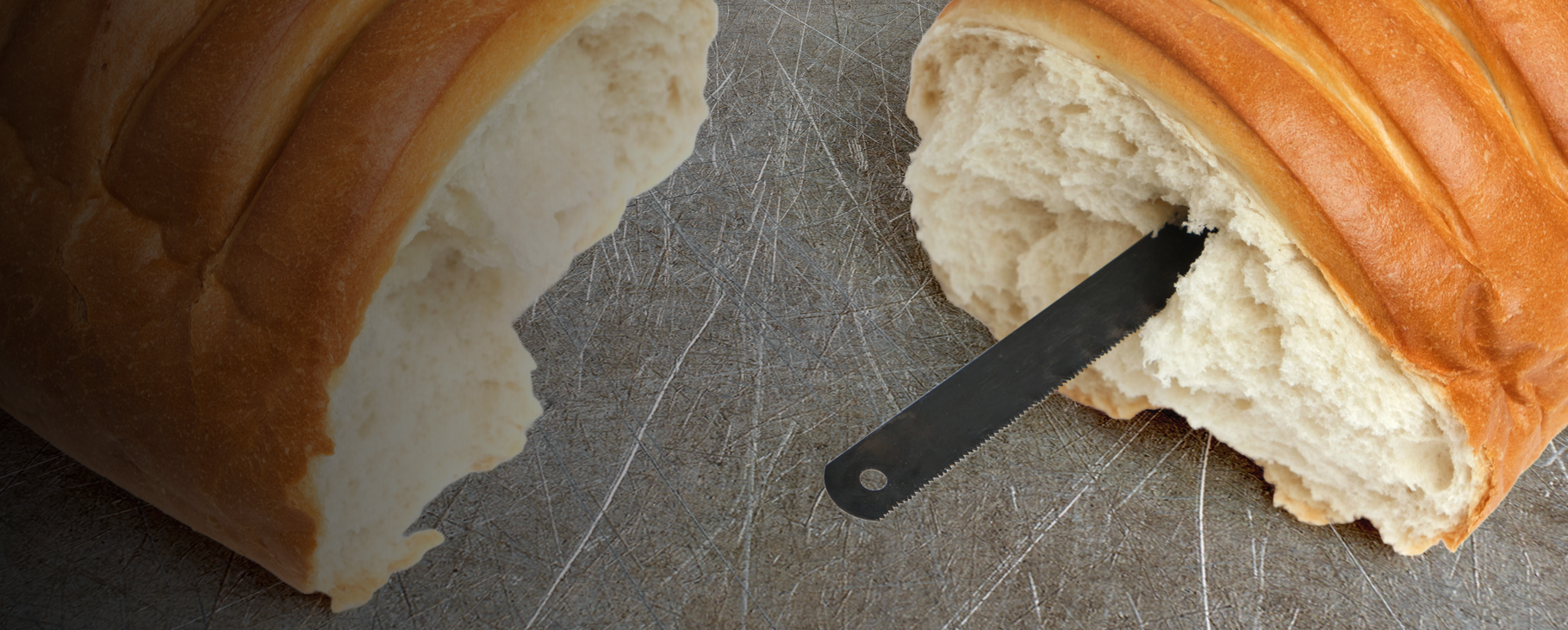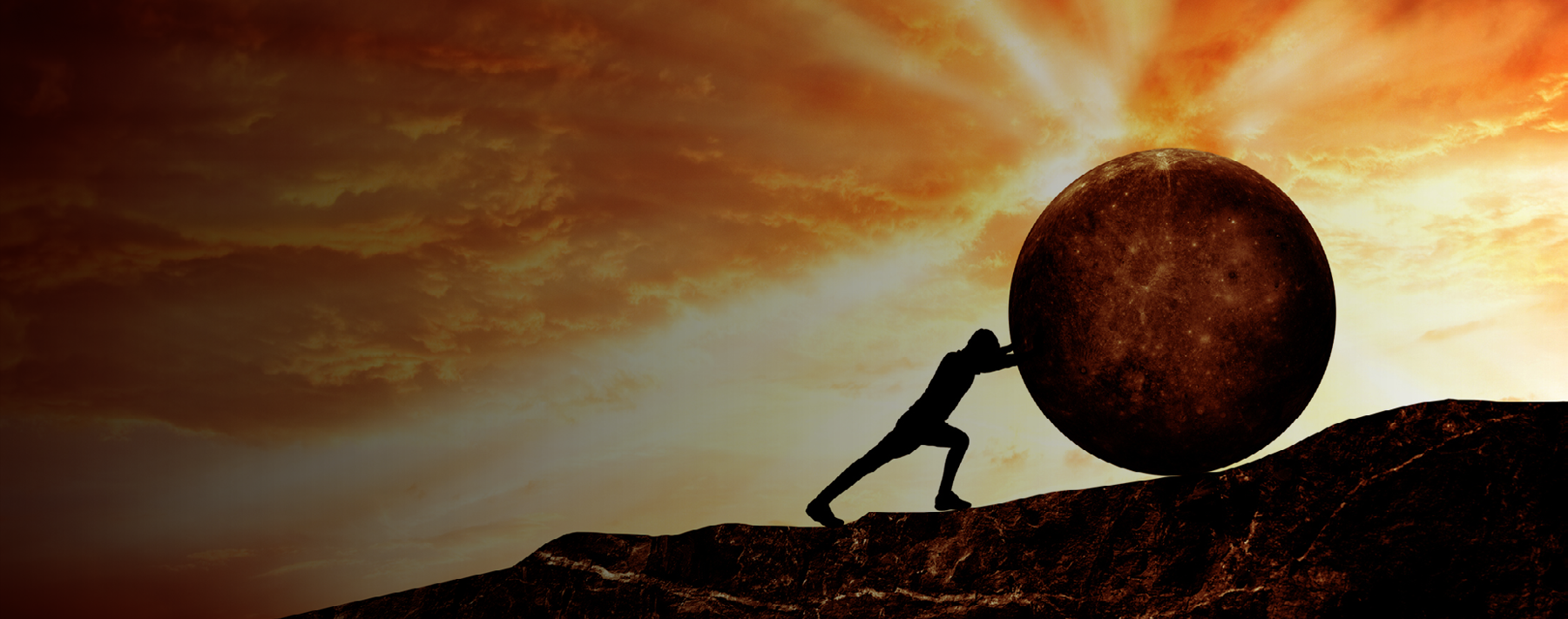My fascination with maritime tragedies started early in my life. My father, Francis Gordon Graham, served in World War II as a chief engineer in the U.S. Merchant Marine. With no disrespect intended to the other branches of the United States war machine during this major conflict, after Pearl Harbor the casualty rate among merchant mariners was by many accounts the highest of all the services during the war. One in every 26 merchant mariners was killed in WWII, compared with one in 34 Marines—such were the perils of being a merchant seaman.
The Japanese and German militaries were not stupid. They knew if they could break up the supply chain from the United States to the war efforts across the Pacific and Atlantic oceans, they could win the war. War materials manufactured in the U.S.—and fuel—had to get to where they were needed, and that was the job of the Merchant Marine. With this in mind, I am indeed lucky to have been born.
Dad did not talk about his war experiences with me back then, but he loved watching a TV show called “Victory at Sea” as I was growing up at our home in San Francisco. A quick search on YouTube for “Victory at Sea – Main Theme” provides the music, composed by Richard Rodgers, that accompanied the show. I heard it regularly emanating from the television; the show helped me understand what Dad did during the war. I quickly learned how dangerous the ocean is, with massive ships being tossed around like they were small toys in a large swimming pool.
The causes of maritime tragedies are often the same “problems lying in wait” linked to tragedies in public safety operations.
My grandfather on my dad’s side was a “dredger” in San Francisco Bay prior to WWII and cut the shipping channels that allowed ships to navigate the Bay from and to the Pacific to the ports in Oakland and “The City.” Dad would regularly take us down to the wharf. He seemed to know everyone there and I often got the chance to board military vessels in port and listen to seamen tell stories. I developed a great respect for the power of the oceans as I soaked up quotes like, “The sea is a cruel mistress, and the stupid will be punished.”
For those of you who have read my previous articles, you know I tend to digress, so here is my first veering from the point of this piece. One of my great joys in life is taking my old wooden boat from its dock in Alamitos Bay in Long Beach, Calif., around the Naples area and occasionally out into the Pacific. I keep my PFD in the trunk of my car and upon arriving at the marina I put it on, long before I get to my assigned slip. Over the decades I have been fortunate to own a boat, I have heard many comments—too many negative—about my wearing my PFD long before I get on my boat and long after I get off the boat.
Very recently I stopped in the bathroom at the marina prior to boarding (remember I am in my 70s and there is a basic rule at that age to never pass up a bathroom) and as I was washing my hands a very, very old fellow adjacent to me said, “You are smart wearing your PFD. Most of these idiots who own boats here have no clue how dangerous boating is.” I thanked him for that, remembering that “the stupid will be punished” and the countless maritime tragedies I have read and studied throughout my life. I did not mention to him that my 23-foot boat is also equipped with a Winslow life raft system—again for the “just in case I ever need it” category.
During my tenure in graduate school in the mid-1970s at the Institute of Safety and Systems Management at the University of Southern California, I was exposed to the studies of hundreds of maritime tragedies. Many of you have been to my live lectures over the years. The “Tragedy Titanic” is a classic story I repeat often in my lectures because everyone thinks they know the story behind the deaths of roughly 1,500 people (numbers vary between 1490 and 1635; the exact number of deaths is uncertain). The Titanic tragedy was caused by an iceberg, right? In fact, the iceberg was the last link in a long chain of “problems lying in wait” that ultimately led to this well-known tragedy.
A lesser-known tragedy is “The Titanic of the Mississippi”—the Sultana sinking, which occurred 47 years prior to Titanic. An estimated 1,800 Union troops (formerly POWs held by the South during the Civil War) died in that maritime tragedy when the 260-foot ship with an authorized capacity of 376 was laden down with over 2,000 soldiers. While “boiler failure” is listed as the cause of the explosion, it was again a series of problems lying in wait that ultimately killed those soldiers.
I could bore you with scores of major maritime tragedies. Ships of the Persian Fleet in 492 BC, ships of Roman Fleet in 255 BC, the Mongolian/Korean Fleet tragedy in 1281, the Spanish Armada in 1588, the British Convoy tragedy in 1811, the General Slocum tragedy in 1904, the Empress of Ireland in 1914 and the Mont Blanc munitions ship tragedy in 1917 in Halifax Harbor and … the list is very long indeed.
I developed a great respect for the power of the oceans as I soaked up quotes like, “The sea is a cruel mistress, and the stupid will be punished.”
Every American needs to read about what happened to the USS Fitzgerald off the coast of Japan in 2017, in which the Fitzgerald collided with another ship in the middle of the night. ProPublica has put together an excellent visual and written overview that is likely to sicken you, as it did me. How could this happen in the United States Navy?
“Gordon – we are now two pages into this—is there a point here? These tragedies have nothing to do with me. I don’t go on cruises, I am not in the Navy or the Merchant Marine. I don’t go out in the ocean often, and when I do it is just a fishing charter close to shore, so none of this applies to me.”
OK—then I recommend you do a quick check of a fishing charter tragedy that occurred in 2003 in Oregon in which nine people died. Nine people just like you and me who paid money to a charter captain to go out in the ocean to have a great day fishing. A simple excursion that happens hundreds of times a day in coastal cities around our nation—a simple excursion that ruined a lot of families.
Like the massive maritime events that killed thousands, this tragedy occurred because there were “problems lying in wait” that people were aware of—and in spite of their knowledge, they acted in a manner that led to the deaths.
My word count has already exceeded the limit set by Madame Editor—yes, the same editor who made my prior series of ramblings over the last five-plus years readable and understandable—but in my next visit with you I will take apart the NTSB investigation into this tragedy to identify what really caused this loss of life.
My goal here is to show you that the causes of maritime tragedies are often the same “problems lying in wait” linked to tragedies in public safety operations. As we move through this planned series of writings, I will share tragedies in other high-risk industries, including trucking, aviation, pipeline, nuclear, mining, railways and others.
I am convinced—and I hope to convince you—that we need to study and learn from these events that are seemingly unrelated to public safety operations, when in fact the problems are very much the same. Additionally, I am hopeful that revisiting tragedies in other industries may cause you to think and be more aware of risks in other businesses and industries in which you might have some involvement.
Until our next visit, please work safely and remember that predictable is preventable.



